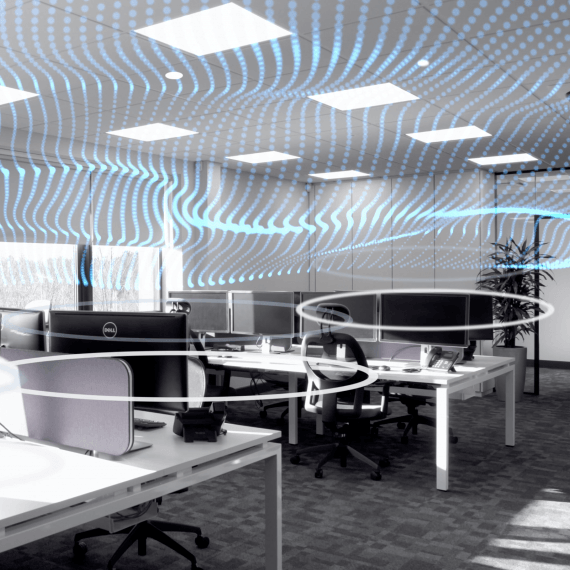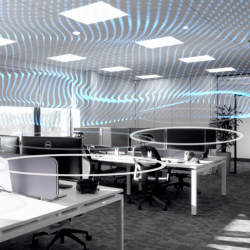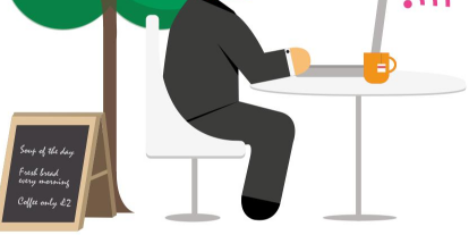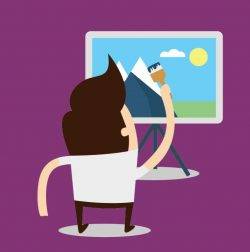To provide the best experiences, we use technologies like cookies to store and/or access device information. Consenting to these technologies will allow us to process data such as browsing behaviour or unique IDs on this site. Not consenting or withdrawing consent, may adversely affect certain features and functions.
The technical storage or access is strictly necessary for the legitimate purpose of enabling the use of a specific service explicitly requested by the subscriber or user, or for the sole purpose of carrying out the transmission of a communication over an electronic communications network.
The technical storage or access is necessary for the legitimate purpose of storing preferences that are not requested by the subscriber or user.
The technical storage or access that is used exclusively for statistical purposes.
The technical storage or access that is used exclusively for anonymous statistical purposes. Without a subpoena, voluntary compliance on the part of your Internet Service Provider, or additional records from a third party, information stored or retrieved for this purpose alone cannot usually be used to identify you.
The technical storage or access is required to create user profiles to send advertising, or to track the user on a website or across several websites for similar marketing purposes.









 The majority of working women experiencing the menopause say it has a negative impact on them at work, finds a new survey from the CIPD. The research found that three out of five (59 percent) working women between the ages of 45 and 55 who are experiencing menopause symptoms were finding it impacted them at work. In response, the CIPD has launched
The majority of working women experiencing the menopause say it has a negative impact on them at work, finds a new survey from the CIPD. The research found that three out of five (59 percent) working women between the ages of 45 and 55 who are experiencing menopause symptoms were finding it impacted them at work. In response, the CIPD has launched 





























March 15, 2019
When exactly did busyness become a sign of status?
by Francesca Langton Kendall • Comment, Wellbeing
More →